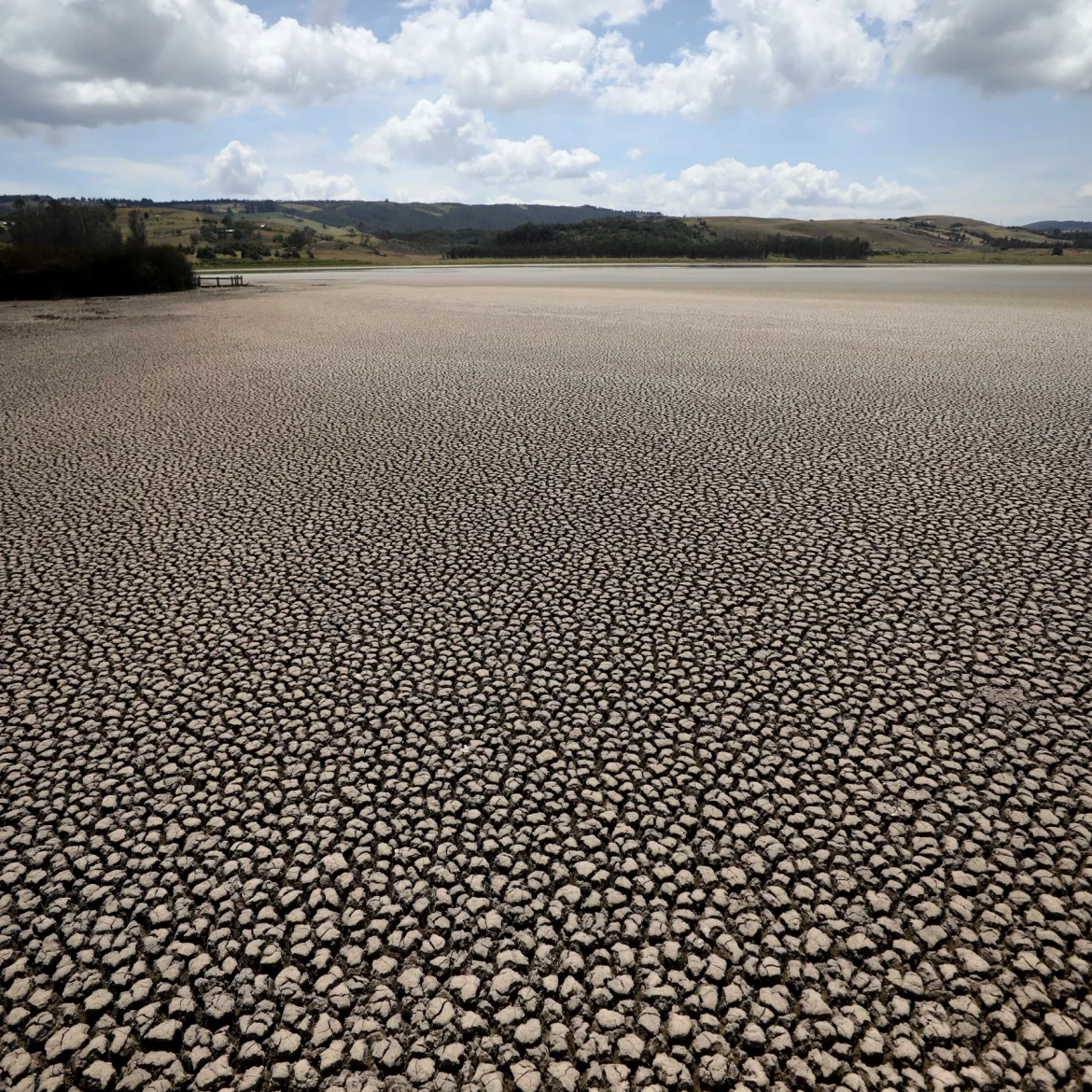A new assessment by the United Nations reveals that if more ambitious efforts are made to address the mounting challenges posed by climate change, the world has the instruments necessary to cut greenhouse gas emissions and ensure a sustainable future.
In a synthesis study released on Monday, a UN panel of scientists emphasized the fact that there are numerous, doable, and successful adaptation strategies.
“Mainstreaming effective and equitable climate action will not only reduce losses and damages for nature and people, it will also provide wider benefits,” said Hoesung Lee, chair of the Intergovernmental Panel on Climate Change (IPCC), in a statement.
The report “underscores the urgency of taking more ambitious action and shows that, if we act now, we can still secure a liveable sustainable future for all”, he added.
The IPCC is a UN body that brings together leading scientists to assess the evidence related to climate change and inform political leaders with periodic scientific assessments. The IPCC’s first main scientific input was delivered in 2014, which paved the way a year later for the Paris Agreement – a landmark international treaty on climate change.
Monday’s so-called synthesis report summarises the findings of several previous IPCC assessments and comes after a week of deliberations in Interlaken, Switzerland.
The report said that carbon emissions need to be cut by almost half by 2030 if global warming is to be limited to 1.5 degrees Celsius.
Read Also: ipcc-report-says-vulnerable-communities-have-insufficient-funds-to-adapt-to-climate-change
Effective and equitable conservation of about 30-50 percent of the world’s land, freshwater, and ocean will help ensure a healthy world, it added.
It is also key to prioritize risk reduction for low-income and marginalized communities, read the report, highlighting the need to finance poorer nations that are the most vulnerable to climate change despite producing less greenhouse gas emissions compared with industrialized countries.
It said that from 2010-2020, human mortality from floods, droughts, and storms was 15 times higher in regions that were highly vulnerable to climate change, compared with regions with very low vulnerability.
In 2018, the IPCC underscored unprecedented difficulties in keeping the temperature rise below 1.5 degrees Celsius. But five years later, that “challenge has become even greater due to a continued increase in greenhouse gas emissions”, the report said.
“The pace and scale of what has been done so far, and current plans, are insufficient to tackle climate change,” it added.
Story adapted from Aljazeera
